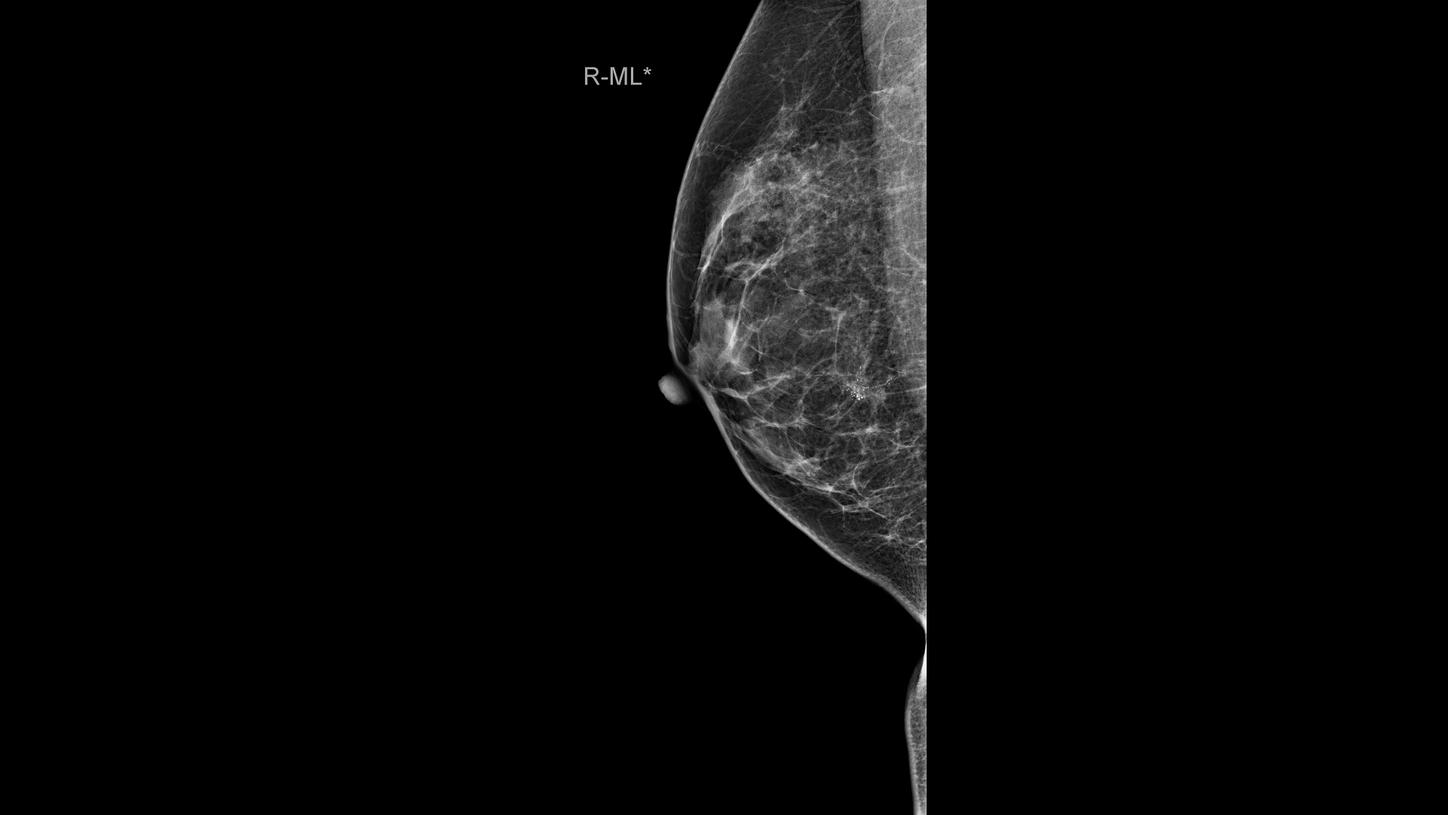Home
Perspectives
Breast Cancer: “I am a stronger person today”

Breast cancer: “I am a stronger person today”
Three women, three countries, three individual breast cancer stories. In the second part of this three-part series, Simran Sethi talks about her journey of self-realization after being diagnosed with cancer amid the pandemic. Simran (49) loves to shop, and she arranged to meet our journalist and photographer at the Dilli Haat market in Pitampura, north Delhi, on a hot and humid afternoon.


Swati Prasad (left) and Sahiba Chawdhary (right) are meeting Simran Sethi (mid) at Dilli Haat market in Delhi.
Simran’s life hasn’t got back to normal either — it’s been a particularly difficult year for her.

A delayed diagnosis
All India Institute of Medical Sciences (AIIMS)
India has 15 such AIIMS offering medical education and free treatment.
HER2-positive, fast-growing breast cancer
HER2-positive breast cancer is a cancer that tests positive for a protein called human epidermal growth factor receptor 2 (HER2).HER2 proteins promote the growth of cancer cells. Though such cancers are very aggressive, treatments that target HER2 are very effective.

In 2018, breast cancer was not only diagnosed as the most common cancer among women of all ages in India. Breast cancer also captured the highest mortality rate.[1]

Metastatic
In metastasis, cancer cells break away from the primary cancer and form new tumors.

If breast cancer is detected at a late stage, treatment is often difficult. The earlier breast cancer is detected, the better the treatment options and the chances of cure.This patient's mammogram showed calcification in the relatively dense breast tissue. Tissue examination after biopsy revealed a malignant tumor about 3 cm in size. Fortunately, the lymph nodes were not affected. (Quelle: StudyID1aab056)

‘My life is over’
Mastectomy

Counting her blessings
Chemotherapy

Share this page
1 Breast cancer that has extended beyond the immediate region of the tumor.
- The shooting/the interview/fotoshooting took place under all necessary health and safety measures according to local Covid-19 regulations.
The statements by Siemens Healthineers customers described herein are based on results that were achieved in the customer’s unique setting. Since there is no “typical” hospital and many variables exist (e.g., hospital size, case mix, level of IT adoption) there can be no guarantee that other customers will achieve the same results.












